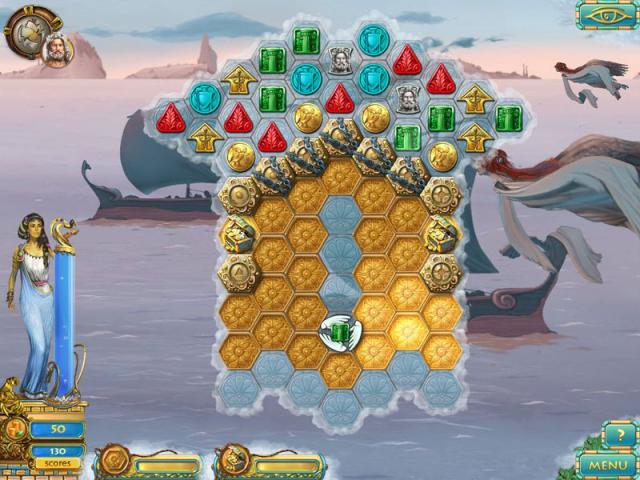

Adamantium is not depicted as a naturally occurring metal but as having been inadvertently invented by fictional American metallurgist Dr. Adamantium's defining quality is its near-indestructibility. First presented as part of the character Ultron's outer shell, but best known as the substance bonded to the character Wolverine's skeleton and claws. First appears in Marvel's Avengers #66 (July 1969), by writer Roy Thomas and artists Barry Windsor-Smith and Syd Shores. The name is from the word adamant (see above), with suffix -ite for names of minerals.įictional alloy. It is also used for armor in The Elder Scrolls III, and in the game Terraria it is a red ore used to produce armor and other items.

Salvatore set in the Dungeons & Dragons universe it is used to make drow weaponry. In World of Warcraft, it is a rare ore used to make weapons and armor of uncommon, rare and epic grade. In Final Fantasy it is used to make armor its source is in another world it can contain great amounts of energy. Modesitt Jr.'s 1996 novel of the same name.Ī metal ore in many fictional universes. The word adamant is the basis for fictional materials such as Adamantium and Adamantite (see below), Adamantle in The Sims, and Adiamante in L. In fiction, Adamant is referred to in the film Forbidden Planet (as "adamantine steel"), many books (such as The Adventures of Tom Sawyer, The Faerie Queene, Gulliver's Travels, His Dark Materials, The Lord of the Rings, Mathilda by Mary Shelley, and A Midsummer Night's Dream) and many games (such as Dungeons & Dragons, Final Fantasy and RuneScape). In myth, Kronos uses an adamantine sickle to castrate his father Uranus in Prometheus Bound, Prometheus is bound to rocks "in adamantine bonds infrangible" in Virgil's Aeneid, columns of solid adamantine protect the gates of Tartarus in Paradise Lost, adamant and adamantine are mentioned eight times to describe the gates of hell, Satan's shield, fallen angel's armor and Satan's chains. Adamant or adamantine (suffix -ine 'of the nature of' or 'made of') occur in many works. The English word is both a noun and an adjective from Latin adamans 'impregnable, diamondlike hardness very firm/resolute position', from Greek adamastos 'untameable' (hence also the word diamond). Adamant has long meant any impenetrably or unyieldingly hard substance and, formerly, a legendary stone or mineral of impenetrable hardness and many other properties, often identified with diamond or lodestone.


 0 kommentar(er)
0 kommentar(er)
